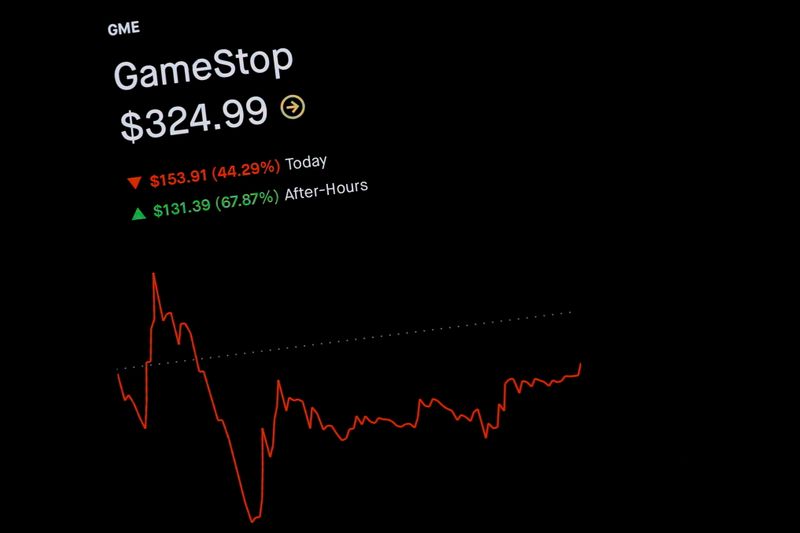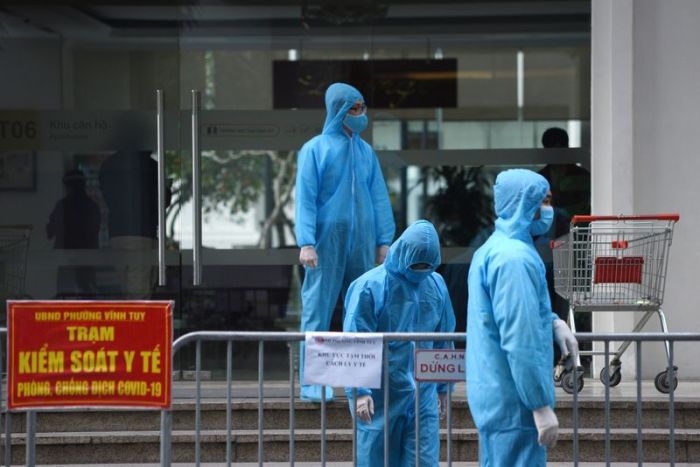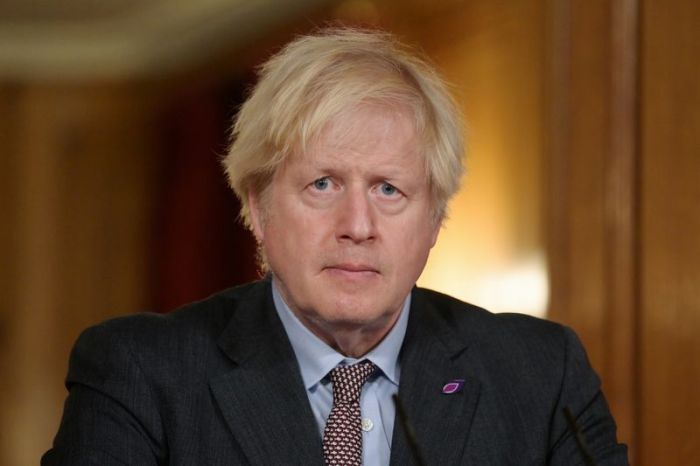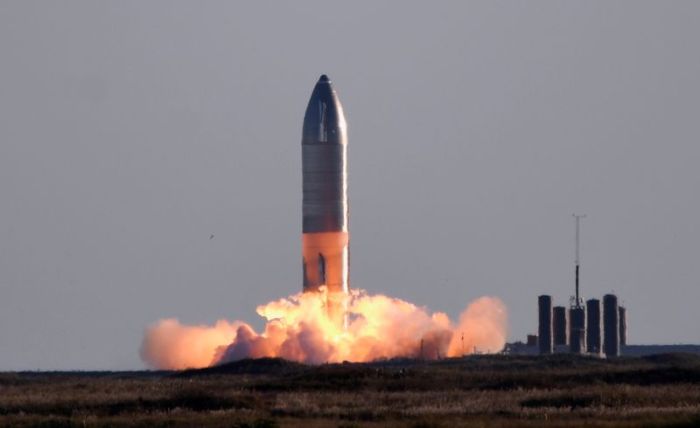BOSTON (Reuters) – Melvin Capital, the hedge fund at the center of the GameStop drama, lost 53% in January but received commitments for fresh cash from investors in the last days of the month, a source familiar with the fund said on Sunday.
Melvin ended January with more than $8 billion in assets after having started the year with roughly $12.5 billion, the source said.
The firm, founded in 2014 by Gabe Plotkin, had bet that ailing video game retailer GameStop’s stock, which traded at less than $5 five months ago, would fall.
But a wave of retail investors, comparing notes on social media platform Reddit and using online trading app Robinhood, took the other side of Plotkin’s trade to send the stock up 1,625% this month to close at $325 on Friday.
The Wall Street Journal first reported the loss.
“The fund’s portfolio liquidity is strong. Use of leverage is at the lowest level since Melvin Capital’s inception in 2014,” the source said.
Hedge funds Point72 Asset Management and Citadel gave a $2.75 billion capital infusion to Melvin Capital earlier in the week, enabling it to close out that position with a large loss.
Citadel’s hedge funds, along with founder Ken Griffin and firm partners, put $2 billion into Melvin. The funds lost less than 1% in January on their Melvin position and are down 3% overall for the month, a person familiar with the matter said on Sunday.
As news of losses at many hedge funds spread in recent days, speculation mounted about which firms might be forced to shut their doors. Several investors and fund managers said clients have been more patient with certain firms that have a long and strong track record, likely allowing them to survive this month’s deep losses.
(Reporting by Svea Herbst-Bayliss; Editing by Daniel Wallis and Kim Coghill)



















